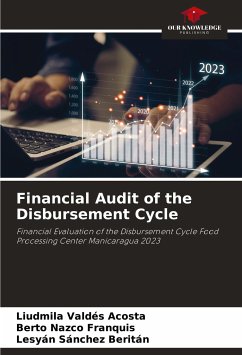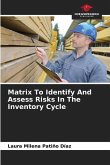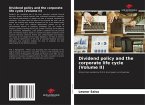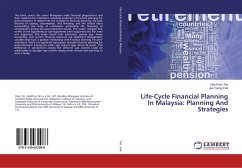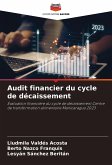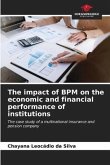This paper addresses the fundamental issues of the work of financial auditing, its emergence and evolution in the world and in Cuba, its types and main rules of execution. The advantages it provides as it gives information on the financial situation in an entity, benefits the internal control processes and locates possible errors in the financial statements in order to take corrective measures, hence the importance of executing this type of audits in entities that provide benefits to society as is the Centro de Elaboración del Municipio de Manicaragua that has not received audits of this type and that presents an unfavorable financial situation due to the shortage of raw materials and materials to fulfill its social purpose, thus contributing to identify the risks that affect internal control and to create strategies to adequately plan the use and destination of material and financial resources.
Bitte wählen Sie Ihr Anliegen aus.
Rechnungen
Retourenschein anfordern
Bestellstatus
Storno

